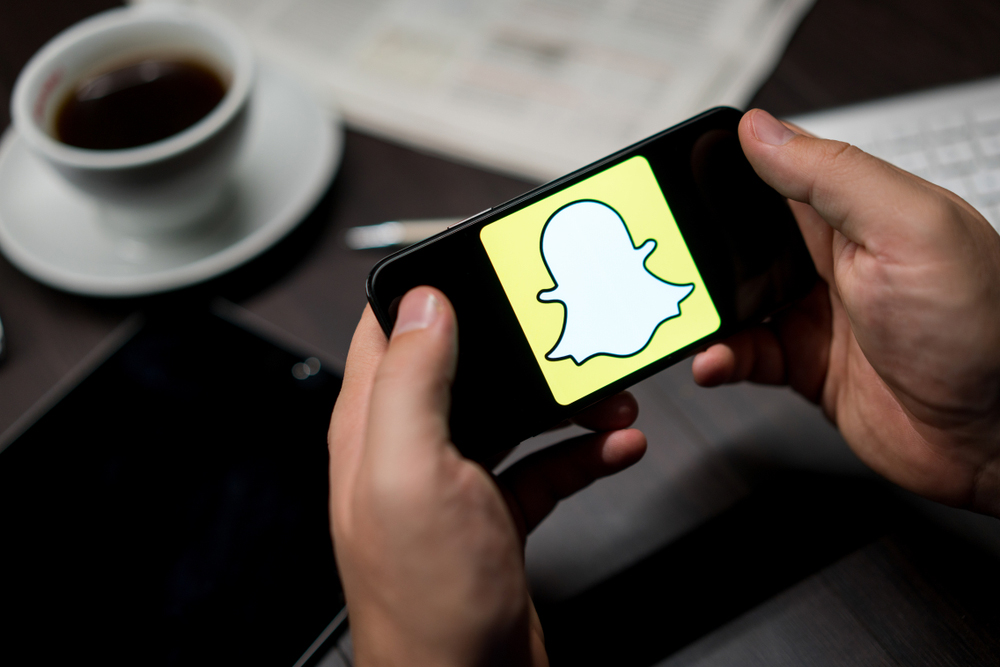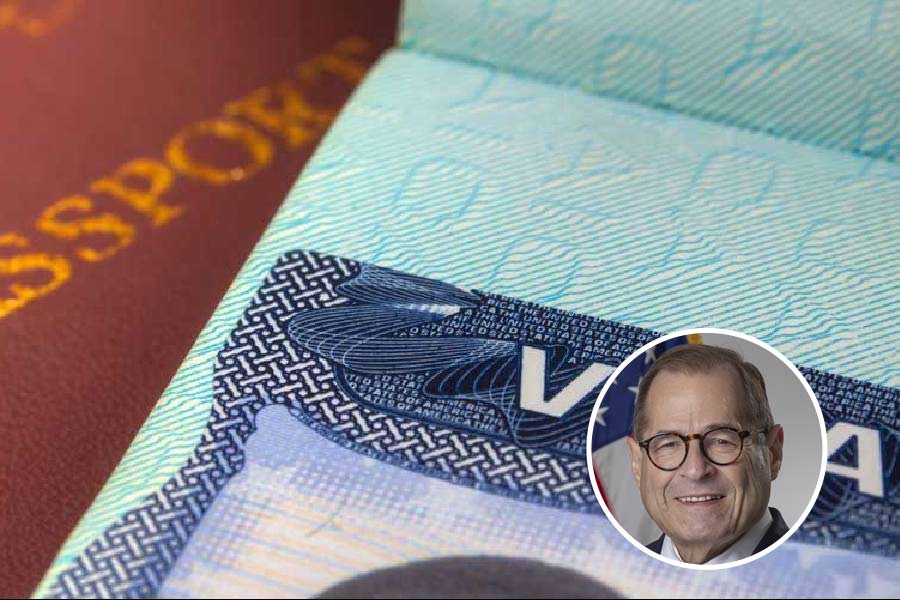2010:
- Xiaomi: Beginning its journey in 2010 as a start-up to sell well-designed phones at down-to-earth prices online, Xiaomi — co-founded by Lei Jun — is late to the game but changes the smartphone business.
- Google leaves China: Much of 2019 was spent talking about US-China trade war. Back in 2010, Google had to shut down its Chinese search engine — a decade after setting up office — after a targeted cyberattack and criticism from human rights groups.
- Instagram: Available exclusively on iOS, within two months Instagram passes the milestone of one million registered users. Photo sharing reaches a new level.
- iPad: “O.K., what is a future computer device that can be under $500, that is something we’d be proud of, that has Apple quality and an experience we’d love?” That was the question Steve Jobs and team ask when they start planning the iPad. Today, it’s the go-to device for those associated with creative fields.
- Microsoft Kinect: The motion-sensing input device brings in awesome games like Dance and Dance Central. The marketing budget of the product was mind-blowing as Kinect bundles with Xbox 360 were given away to the audience of Late Night with Jimmy Fallon.
- Instant Pot: The gadget changes the way electric pressure cookers are perceived. Once listed on Amazon, people were quick to notice the hours it could shave off to cook beans or meat. Obviously, imitation is the sincerest form of….

Competition for Facebook (Shutterstock)
2011:
- Snapchat: It quickly becomes one of the hottest mobile apps on which pictures or messages disappear within seconds. Facebook has competition.
- Adobe Creative Cloud: Adobe moves from desktop-installed suite of applications to Adobe Creative Cloud, which marks the beginning of a software model.
- Death of Steve Jobs: Steven Jobs didn’t just come up with cool products, he transformed our lifestyles with the iPod, iTunes, iPad, iPhone and Apple computers. He made technology fun and easy to use. The end of an era indeed.
- Samsung Galaxy Note: Is it a phone? Is it a tablet? It’s one of those devices that has a loyal following, thanks to a dedicated stylus dubbed S Pen.
- Minecraft: Released by Mojang in 2011 and purchased by Microsoft in 2014, Minecraft remains an iconic game that’s enjoyed across age groups.

The Philips Hue (Shutterstock)
2012:
- Philips Hue: Your very own personal light show made possible. The hue lighting system uses LED lightbulbs with adjustable brightness and colour-changing features. Of course, in 2019 this may not seem a great deal!
- Facebook buys Instagram: Mark Zuckerberg’s company purchases Instagram, the popular photo-sharing application, for about $1 billion in cash and stock, helping it become a formidable mobile player.
- Oculus VR: A 3D virtual world debuts to make you feel as if you are hanging out with your friends. In 2014, Facebook bought it for $2 billion.
- Raspberry Pi: The tiny computer captures the imagination of students, educators and tinkerers. The story began when Eben Upton at the University of Cambridge realised that computer science students were ill-prepared for a high-tech education.

Google Chromecast (Shutterstock)
2013:
- Google Chromecast: An inexpensive device to get remote content or push content to a TV.
- Pebble smartwatch: It becomes a sensation on Kickstarter, collecting over $10 million in backings. Compatible with the iPhone or Android device, it proves smartwatches have a bright future but ultimately the company sold its intellectual property to Fitbit in 2016.
- Google Glass: The pet project of Google co-founder Sergey Brin is supposed to be a wearable computer that allows users to access the Internet, take photos and film short snippets.
- Xbox One and Sony PlayStation 4: The successor to Xbox 360 arrives at a time when people were hooked to social network and mobile-friendly games. PS4 beats competition with a wide range of games.
-
Edward Snowden: Twenty-nine-year-old Edward Snowden delivers a blockbuster story. The former CIA computer technician goes public about America’s surveillance programmes, becoming responsible for handing over material from one of the world’s most secretive organisations — the NSA.
2014:
-
Amazon Echo: A game changer of a device that is originally about playing music and providing information but later becomes a member in millions of households around the world.
- Selfie stick: It becomes a rage and is ultimately banned at many public places. And we can’t forget the contribution Toronto-born Wayne Fromm had in it. What we call the selfie stick is actually Fromm’s Quik Pod.
- OnePlus One: The phone that would go on to take competition to Apple and Samsung in the premium smartphone segment arrives with a 2.5GHz Snapdragon 801 processor.
-
Facebook buys WhatsApp: Facebook made its largest acquisition, paying at least $16 billion for WhatsApp, a text messaging application, with — back then — 450 million users around the world.
- Amazon Fire TV Stick: Amazon takes on Chromecast, giving viewers a cheap and easy way to stream their favourites.
- Satya Nadella becomes Microsoft CEO: A new chapter begins at Microsoft as Hyderabad-born Satya Nadella becomes the third CEO in the company’s history. He is responsible for taking Microsoft beyond its PC roots and keeping the company relevant.
- Google CEO Sundar Pichai: Alphabet is formed as a holding company for Google and Madurai-born Sundar Pichai is put in charge of Google as the CEO (he is now CEO of Alphabet and Google).
-
Apple Watch: Apple’s first major new product in five years becomes a fashion statement and gives smartwatches the impetus it needed.
2016:
- India bans Facebook’s free apps: In spite of Facebook’s aggressive efforts to promote universal connectivity in the country, India’s telecom regulator blocks the company’s Free Basics service as part of a ruling that supports net neutrality.
- Apple AirPods: First it was a meme and then youngsters all over New York started sporting it and then it became a global phenomenon. Lately, it’s becoming a big chunk of Apple’s revenue. And it helped kill the headphone jack starting with the iPhone 7.
-
Google Assistant: There was Alexa and Siri. But Google Assistant is the most advanced AI. Beginning with Pixel phones in 2016, the Assistant pops up everywhere.
- Pokemon Go: The augmented reality game overlays the real world with a digital game, forcing youngsters to leave their chairs and into parks and on streets.
-
Apple rejects order to unlock: FBI investigators order Apple to unlock the phone used by San Bernardino gunman Syed Rizwan Farook. Apple says even its own staff cannot access the data saved on its devices. Apple chief executive Tim Cook says: “The United States government has demanded that Apple take an unprecedented step which threatens the security of our customers.”
2017:
- Cambridge Analytica Scandal: The Guardian presents the scoop of the year — a story about a consulting firm Cambridge Analytica using data from millions of unsuspecting Facebook users. The world gets to know about a loophole in Facebook’s API, leaving Mark Zuckerberg in a soup.
- Fidget spinner: The toy becomes a craze in playgrounds around the world.
2018:
-
Meng Wanzhou arrested: A top executive and daughter of the founder of the Chinese tech giant Huawei is arrested in Canada at the request of the United States, raising questions about Trump’s China strategy.
- MicroLED, a future trend in TV: Samsung’s The Wall becomes the world’s first modular MicroLED TV (launched in India this year) and it allows customers to create a TV sized just for their needs.
- Google’s quantum supremacy: Google and other institutions solve a problem on a quantum computer one billion times faster than a classical computer.
- Facebook won’t fact-check political ads: “In a democracy, I don’t think it’s right for private companies to censor politicians, or the news,” Mark Zuckerberg says. This comes at a time when Twitter’s chief executive, Jack Dorsey, announces that his platform would no longer host political advertisements.











